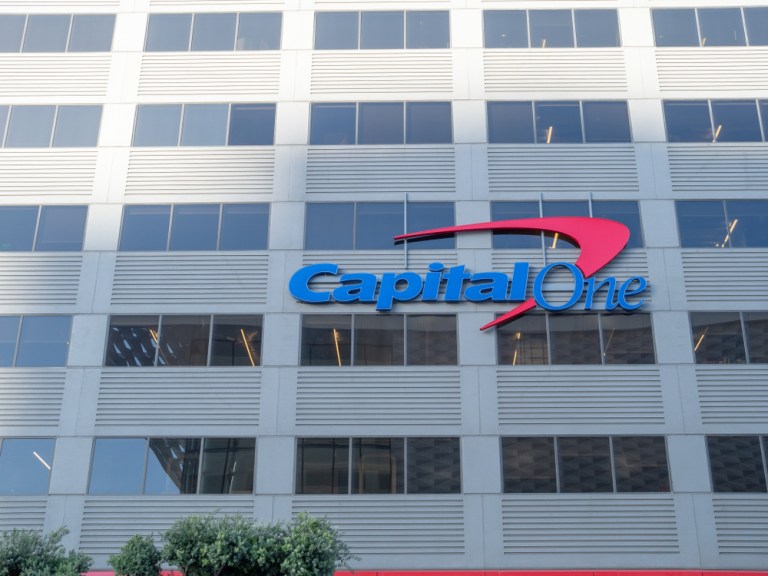Middle Market Waits For Mobile Payments In AP: Capital One

The spectrum of corporate technological disruption is vast. Large, multinational organizations have the resources to embrace disruption and invest in the tools that will bring it, but often find themselves too large to change quickly. Small businesses, while they may struggle to have the resources to invest in the tools they want, can be more agile and flexible to handle changing markets.
Where does the middle market fit in this spectrum? A new report from Capital One examined this question, focusing on how technological disruption will affect its finances.
“Do middle-market companies feel vulnerable to disruption? Or do they see disruption as an opportunity, hoping to benefit by adopting new technologies or by becoming disruptors?” the financial institution (FI) asked in its recent publication, “Innovation in the Middle Market: Staying a Step Ahead of Disruption.”
Surveying 300 U.S. middle-market executives, Capital One inquired about how these companies — which the firm defines as businesses with between $100 million and $3 billion in revenues — navigate disruptive innovations, and what that disruption means for their financial management and banking relationship strategies. According to Capital One, the middle market is feeling quite comfortable gearing up for technological disruption, but relationships with financial services providers will be instrumental in ensuring they can live up to their own expectations.
Most middle-market executives told researchers that they already have a designated, in-house professional or team to identify threats and opportunities in digital disruption, and nearly half have developed a contingency plan. Yet, only a minority have implemented tangible strategies to manage technological disruption, such as the collection of data for further analysis, regular firewall testing or the development of proactive countermeasures.
Overall, Capital One found there has been no change since last year’s report in the portion of middle-market professionals preparing for disruption. However, more than half acknowledged that disruption will have a significant impact on their finances: 54 percent said it already has and will continue to disrupt finances in the coming three years, while one quarter said those disruptions to finance will occur within the next year.
Organizations need to plan ahead, analysts warned, and that includes ensuring access to additional capital.
The largest threat to corporate finance stems from technological disruption’s impact on middle-market competitors. Increased use of data analytics and mobile functionality will yield improvements in both back-office and customer-facing operations, the report stated, and most middle-market firms said access to capital will be essential in remaining competitive.
While the vast majority of middle-market executives said their research and development budgets have increased, there has not been much of an increase in this percentage since last year, the report found. Instead, businesses — particularly larger firms — are turning to mergers and acquisitions to source new technologies. Combined with “homegrown innovation,” these firms are clearly taking measures to brace for technological disruption and stay competitive.
Organizations are also turning to their financial services providers to prepare, Capital One found. Forty-five percent said they already have the financial resources they need to support their innovation efforts, with 59 percent noting they can turn to their banks.
Businesses in the middle market are specifically bracing for FinTech disruptions to change the way they operate. Capital One said that, of the impending innovations to disrupt corporate finance, 65 percent of executives surveyed pointed to online and mobile payments as having the greatest potential to positively affect their firms, particularly when it comes to supplier payments. Most companies said they are already using new technologies in their accounting, billing and transfer operations.
Key to this level of adoption is having a financial services partner. Eighty-eight percent said they are only “moderately,” “slightly” or “not at all” interested in implementing these new financial solutions within their firms alone. Rather, Capital One said, professionals seek a partner in their financial services provider to roll with financial innovations that may support their firms.
“Banks in this space should have the human-centered design capability required to understand customers’ needs, and the sophistication to address them with solutions, including artificial intelligence [AI], application programming interfaces, blockchain and more,” Capital One concluded.